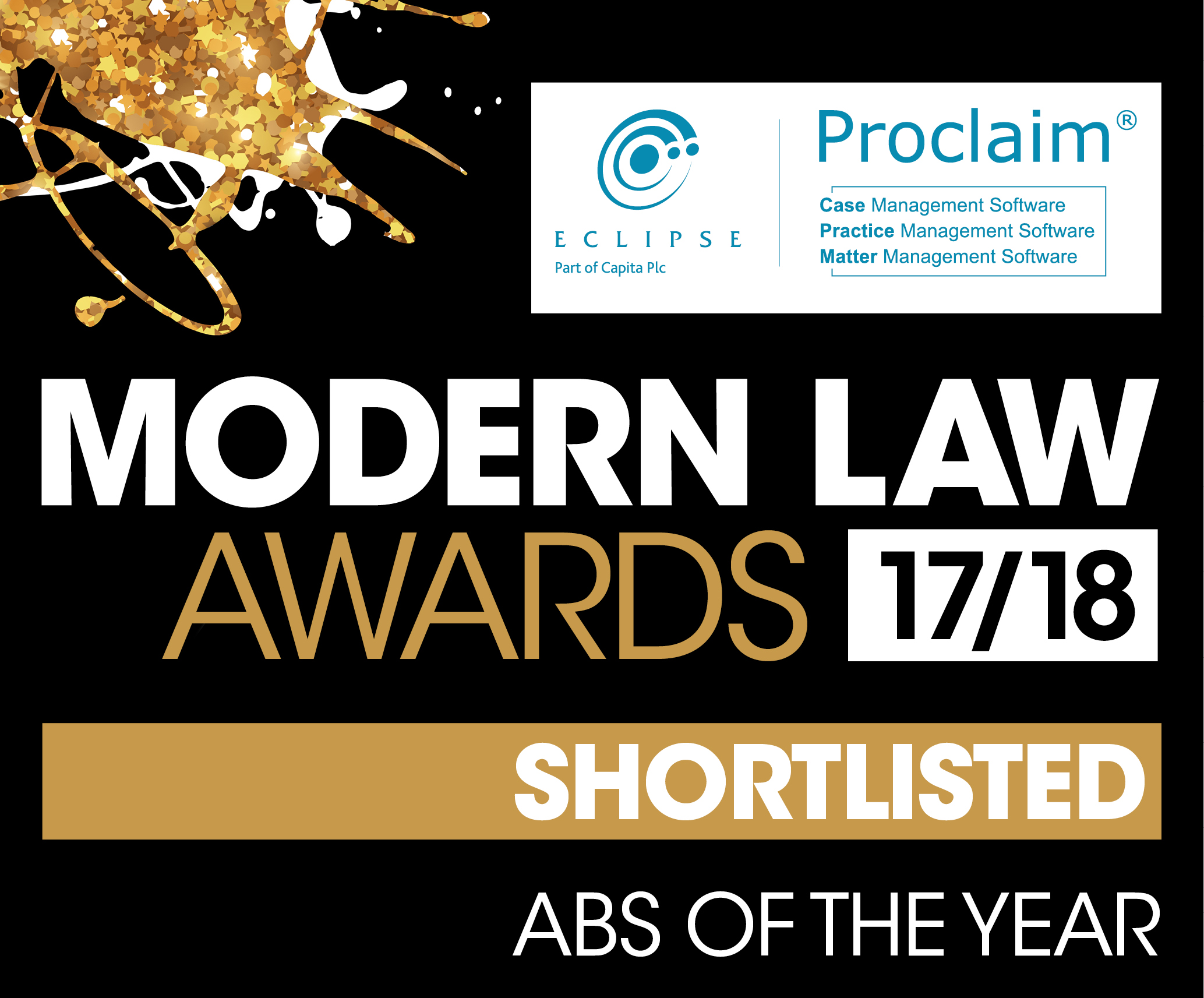Italian police have seized more than 9,000 tonnes of grapes as part of their investigation into the fraudulent production of balsamic vinegar. According to reports criminals had been passing run of the mill ‘must’ grapes off to balsamic vinegar producers as the much more expensive and highly prized Sangiovese and Trebbiano varieties, 2 of the 7 grapes from which balsamic vinegar can legally be produced.
To support their sales the fraudsters produced counterfeit quality certification documents and it appears that the inferior grapes they sold have been used by several well-known Italian brands and, in a bid to defend their reputation, those companies are now taking legal action against the criminals in addition to the police’s planned prosecution.
This isn’t the first time Italy has been at the centre of food fraud. In 2015 several Italian companies were accused of badging up low quality olive oil as extra virgin. The year before that scam came to light Italian police had uncovered an attempt to introduce half a million counterfeit bottles of the high end red wine Brunello di Montalcino into shops across the country.
More worryingly, current estimates claim 6 out of 10 Italian food products sold internationally have been counterfeited in some way.
But Italy is not alone in falling victim to food fraud. Conservation group Oceana have just released a report that claims 21% of the 400 fish samples from 277 locations in 24 states of the USA that they tested was not the type of fish it was being sold as.
Among the samples they tested, seafood was more frequently mis-labelled in restaurants and independent shops than in supermarket chains. Oceana believe 1out of every 3 shops and restaurants they visited had at least one mis-labelled item on sale with sea bass and snapper being the most regularly mis-sold.
Similarly fish that had been promoted as sustainably caught hadn’t been and fish that had been given a 35% mark up for being caught ‘wild’ had actually been farmed.
While some of the mis-labelling is adjudged to be accidental or down to ignorance, there is no doubt some of it is an intentional ploy, a scam to sell lower quality fish at higher rates than they should be. Either way the FDA is very clear on the fact they consider any mis-labelling to be illegal.
The US government tried to do something about the mis-labelling of fish in 2014 by creating the US Government Task Force on Combating Illegal, Unreported and Unregulated Fishing and Seafood Fraud whose recommendations now mean 13 types of imported seafood now need to come with complete records of what they are and exactly how and where they were fished.
And the mis-labelling is also affecting fish products as well as fish. In 2017 Demian Willette, an assistant professor of biology at Loyola Marymount University, investigated the origin of sushi in Los Angeles sushi restaurants and found around 47% of the sushi being sold was mis-labelled.
Aside from the obvious annoyance being mis-sold lower quality food products will cause, the stigma of being found to use or sell these fraudulent products could also cause enormous reputational damage to a business, damage that could result in long term drops in revenue and market share.
As experienced litigators this is where we can help you. We can help you take the required action to protect your business and your reputation and make sure that anyone attempting to defraud you is forced to provide the correct level of compensation and reparation wherever they are in the world.
If you have been the victim of food fraud or have been mis-sold any type of product to the detriment of your business, please call us today on 020 7792 5649 or email us at This email address is being protected from spambots. You need JavaScript enabled to view it..
We will help.




